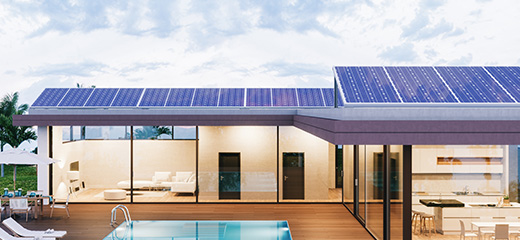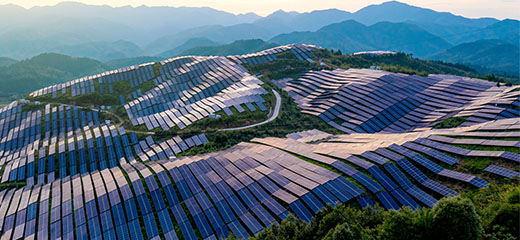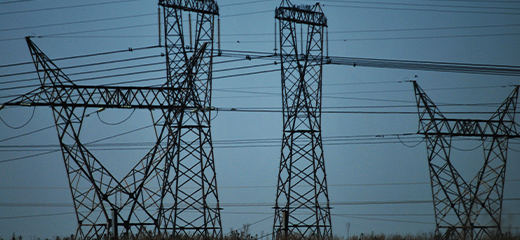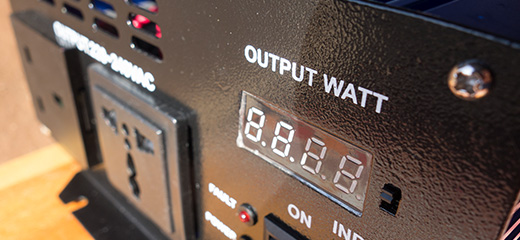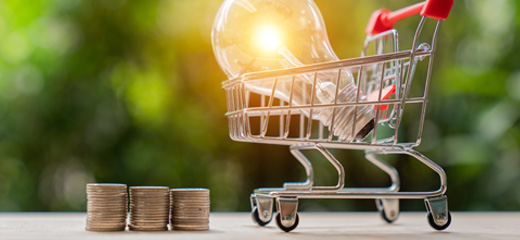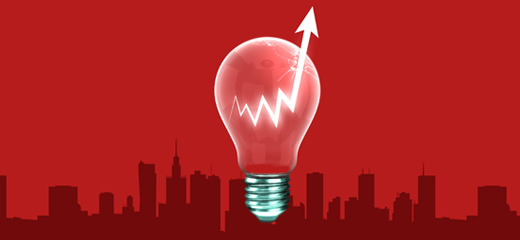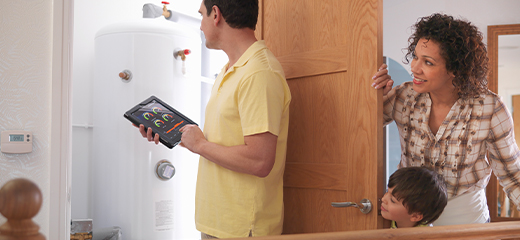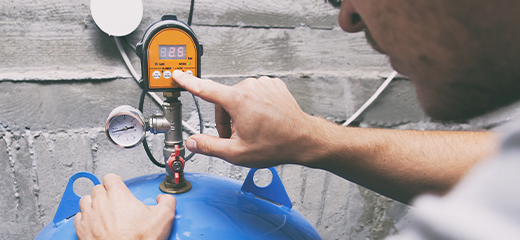
Pros and cons of home solar systems
The Eskom power crisis, loadshedding and the promise of sharp increases to electricity prices has made solar power a hot topic in South Africa.
Nevertheless, looking into solar power can be confusing, with a variety of solutions and financing options available to the homeowner. If you're still trying to figure out whether solar power is going to be the right fit for you, your family and your home, then these are the points to consider before engaging with a service provider.
Pros of solar power
Given South Africa's sunny conditions across all seasons, solar power has much potential to offer business, communities and individuals.
- A solar power solution can help you reduce your reliance on Eskom's electricity supply or remove you from the grid altogether.
- Solar is a renewable energy source and is not subject to price fluctuations as seen with oil, coal or electricity.
- According to the World Energy Outlook 202, solar and wind now represent the cheapest available source of new electricity generation in most markets.
- Solar power technology has been around since the 1950s and is effective and efficient.
- Worldwide demand for solar power solutions has led to variety of solutions becoming available and a significant drop in costs.
- Local demand for solar power has resulted in a number of specialist financing options becoming available for homeowners.
- Solar panels have proven themselves to have a long lifespan and require little in the way of maintenance.
- Solar solutions are also becoming more versatile with options now available to address small scale requirements such as outdoor lighting; mid-level solutions such as solar geysers to cut the cost of heating water; all the way through to major solar solutions that can take a home off the electricity grid.
- Talking of the electricity grid, government is now considering legislation that could allow homeowners to sell their surplus solar power back to the grid.
- Solar power solutions are typically scalable which means you can easily add extra solar panels or batteries as finances become available or household demand increases.
- South Africa's property market is showing signs of increased buyer interest in homes with solar power solutions and a willingness to pay a slightly higher price than similar homes without a solar solution. This means South African buyers are following the trends seen in international markets where solar powered homes command a premium in the property market.
- Solar power is also environmentally friendly, enabling you to reduce the carbon footprint of your home as well as lowering demand for fossil fuels and electricity generation that adds to global warming.
Cons of solar power
Nothing is ever without drawbacks and solar power also features limitations.
- The amount of solar energy you can draw could be limited by the available open space or the orientation of your roof.
- To collect energy, solar panels require direct sunlight. This means that no electricity is created during the night and heavy clouds or stormy weather could limit the amount of solar energy your system is able to collect.
- A solar panel works best when there is nothing that comes in the way of the sun. This could require the trimming or felling of tall trees that cast a shadow on your roof. Surrounding buildings, structures and even mountains that cast a shadow on your roof during the day could result in your return on investment being significantly hampered.
- Although inverters and batteries can easily be moved to a different location, the same cannot be said for the solar panels themselves. While it is possible to have your solar panels removed, it is a complex and costly endeavour.
- While it is possible for a particularly advanced DIYer to install their own solar panels, this job is best left to a specialist who knows how to set up your solution for the best effect.
- Solar power is an excellent source of green, renewable energy with much to offer the fight against climate change. The manufacture of solar panels, on the other hand, is not environmentally friendly, requiring the burning of fossil fuels and producing plastic waste.
The green equation
The news that the solar manufacturing process comes with a notable carbon footprint is disappointing, particularly for those considering a solar solution for environmental reasons.
This upfront environmental cost should, however, be considered in context; particularly as all electricity generation systems have a carbon footprint.
A 2004 study* conducted by the US Department of Energy's National Renewable Energy Laboratory found that solar systems take about two years to repay their energy cost. Notably, solar panels have seen significant improvement since these studies and are now around 50% more efficient than they were.
Additionally, solar panels have an expected lifetime of between 25 and 30 years. This means that your solar system offers upwards of 23 years of clean electricity generation, not to mention the reduction of greenhouse gas emissions that would have resulted from traditional electricity supply.
For more information:
LookSee offers a full solar journey coupled with a Savings Guarantee based on your minimum saving expectations over 6 months and a once-off R2 000 cashback if savings are not met.
